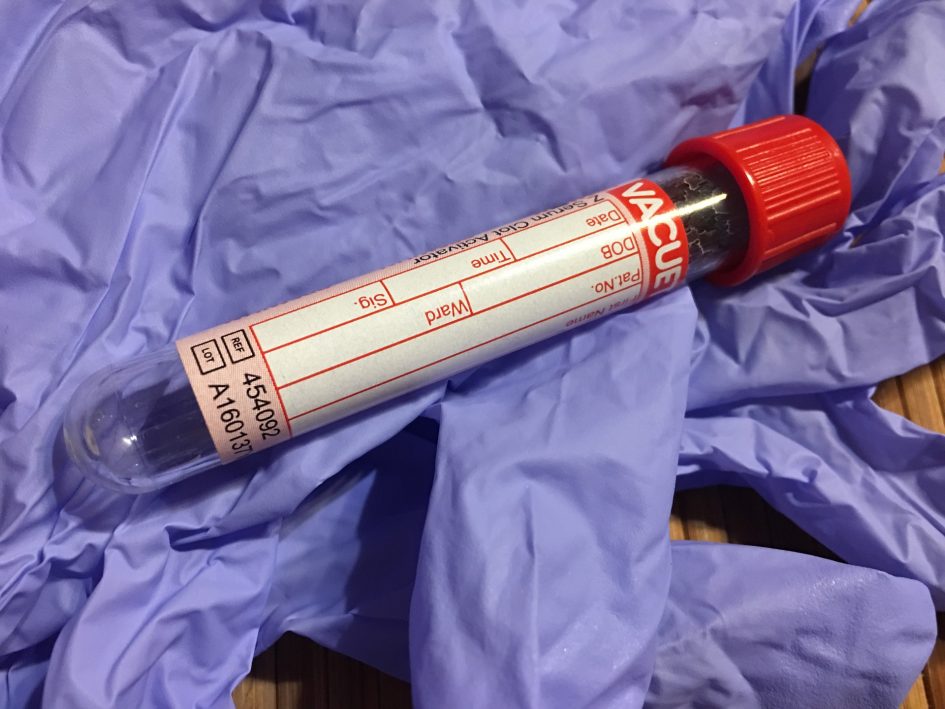Hepatitis is a medical disorder that causes the liver to become inflamed. Asymptomatic and symptomatic forms of the illness exist. When the disease lasts less than six months, it is classified as acute, and when it lasts longer, it is chronic. The illness can either be self-limiting or lead to fibrosis and cirrhosis.
There are hepatitis A, B, C, D, and E. Each type of hepatitis is caused by a different virus that affects the liver differently. The hepatitis test kit can help you ascertain which hepatitis you have in your body.
The hepatitis test kit detects antibodies using specific markers. The antibodies are present in the serum or blood, revealed by a single screening test.
Hepatitis A virus testing looks for antibodies produced by the body in response to the infection. For example, after contracting hepatitis B virus infection, the HBsAb hepatitis B surface antibody test detects antibodies specific to hepatitis B antigens present on cells.
Sharing needles, syringes, or other drug-injection devices or engaging in sexual behavior can increase infection risk. Viruses can also be transmitted from mother to child during delivery.
The length of the test using a hepatitis test kit varies based on the kind of test being carried out. If you have a positive hepatitis test, you should talk to your doctor about starting treatment.
The hepatitis test kit has been proven accurate in 98-99 percent of cases, indicating its trustworthiness. However, because various factors can affect hepatitis antibody levels, we recommend speaking with a doctor about any unusual results.
Treatments
Recovery from hepatitis is best achieved by maintaining a healthy nutritional balance and staying comfortable, including replacing lost fluids.
Hepatitis A, B, and E normally go away without treatment because there is no medicine for them.
Oral antiviral medicines such as Tenofovir and Entecavir are available for chronic hepatitis B. Interferon injections are also used to treat chronic hepatitis B, reducing the evolution of liver cirrhosis and lowering the risk of hepatocellular carcinoma, and enhancing long-term survival.
Hepatitis C can be treated with Harvoni, a once-daily tablet that cures an infected person in 8-12 weeks with moderate side effects, including fatigue and headaches.
Although there is no vaccine for hepatitis D, the current control approach for HDV is hepatitis B immunization.
A-interferon is used in some hepatitis D therapies to improve the symptoms of the disease.
The first step to getting treated is to get the hepatitis test kit today.

Leave a Reply